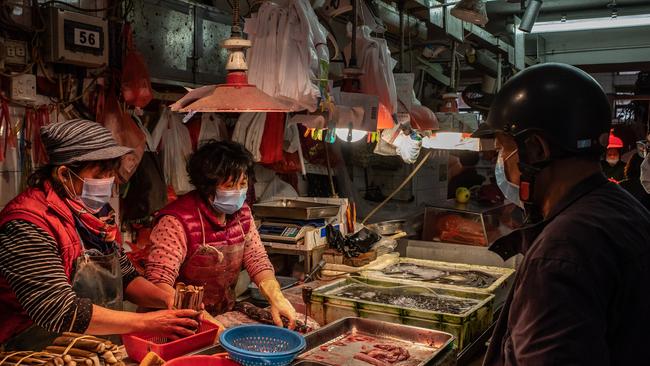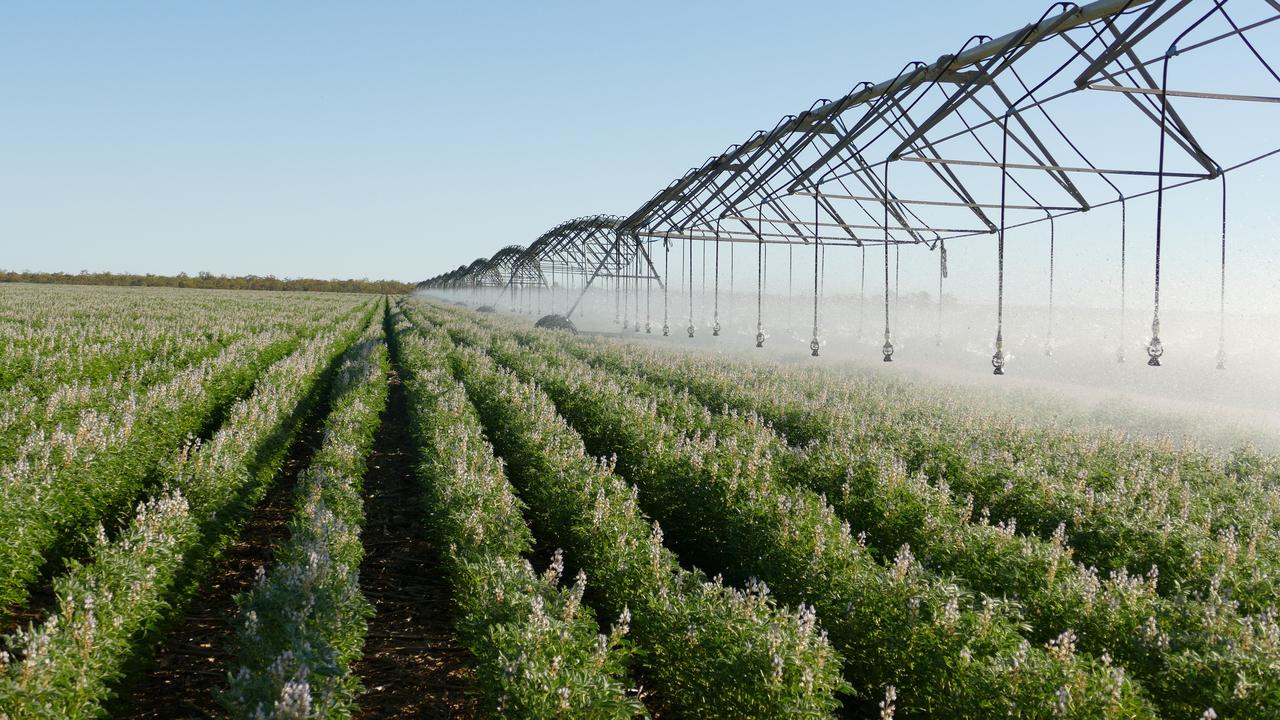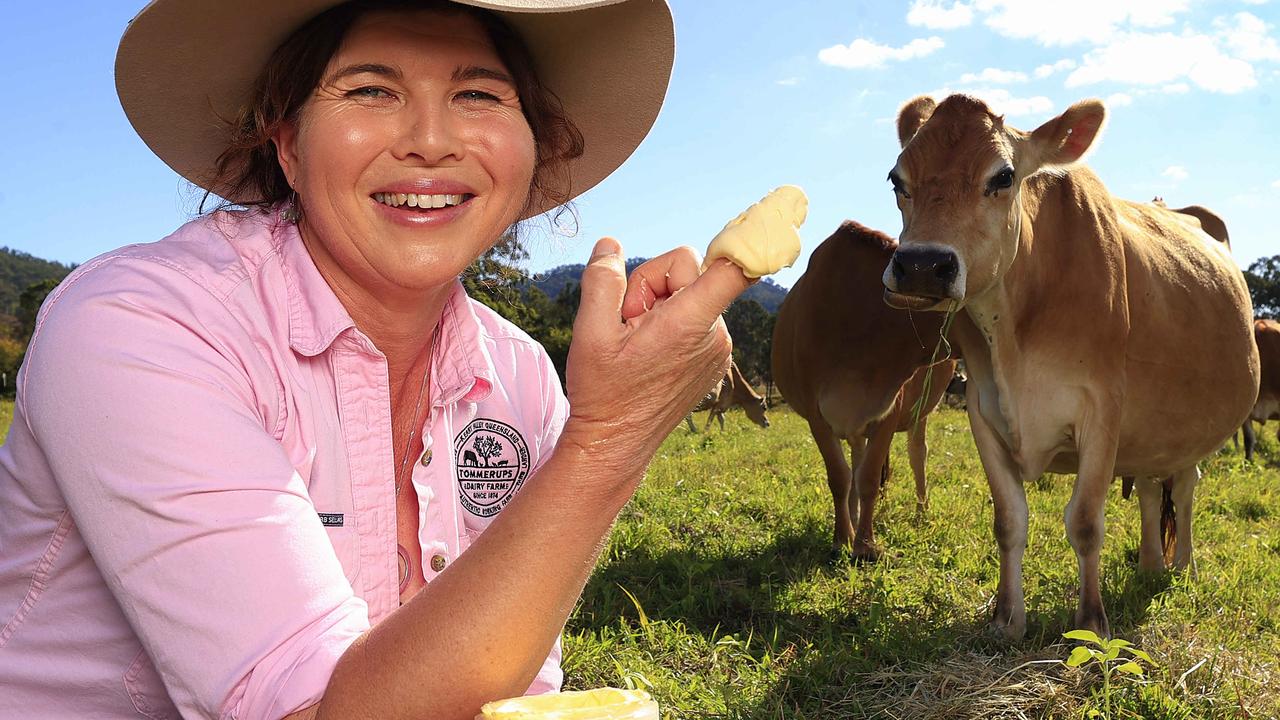China steers away from wet markets towards supermarkets
A move away from traditional wet markets to modern supermarkets in China could open opportunities for Australian beef.

CHINESE shoppers are increasingly steering clear of traditional wet markets and favouring more modern supermarkets to source their food.
And the natural decline in the popularity of the controversial markets could open opportunities for the Australian red-meat industry as Chinese hunger for Australian beef continues to grow.
According to Meat and Livestock Australia, China’s estimated total beef consumption last year reached about 9.45 million tonnes carcass weight.
While wet markets are still the largest retail channel for beef in China, their popularity has shrunk in favour of more modern retail channels.
MLA international markets manager Andrew Cox said the “vast majority” of Australian beef and lamb product exported into China was sold via modern retail chains and supermarkets.
“Globally, the trend towards modern retail is increasing as markets mature and more sophisticated supply chains are built,” Mr Cox said.
Wet markets accounted for about 56 per cent of beef sales in China in 2015.
That figure dropped to about 43 per cent last year, according to MLA.
And it is anticipated the recent coronavirus outbreak could further accelerate the shift away from traditional wet markets towards modern retail channels.
Meat and Livestock Australia managing director Jason Strong, speaking at a recent Agriculture Victoria webinar, said Chinese consumers had favoured Australian meat products in recent months, despite the outbreak of COVID-19 and its associate restrictions.
“They were buying more chilled product … China has been dominated historically by frozen product,” Mr Strong said.
“The world needs to eat, and beef is very much the preferred product, especially Australian beef.”
Mr Strong said about 30 per cent of “affluent” Chinese consumers were eating more beef.
“Before COVID-19, safety, freshness, and quality were factors of most importance (for Chinese consumers of Australian beef). That has shifted to safety, and foods that boost immunity,” Mr Strong said.
MORE
CHINA FREE TRADE: WHY AUSTRALIAN AGRIBUSINESS STILL STRUGGLES WITH THE RED GIANT



